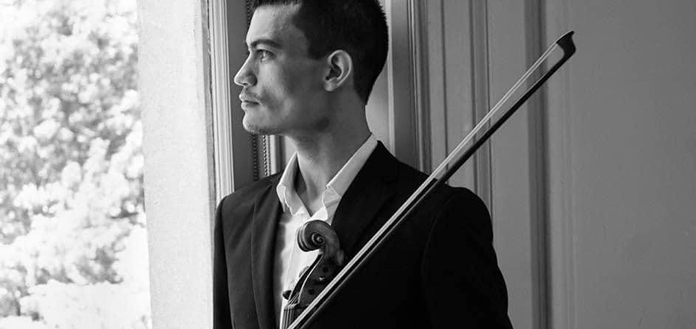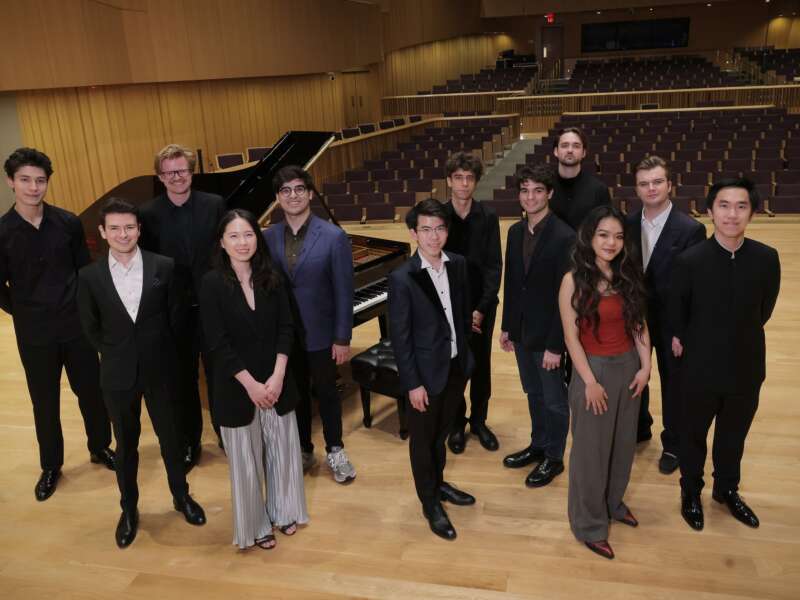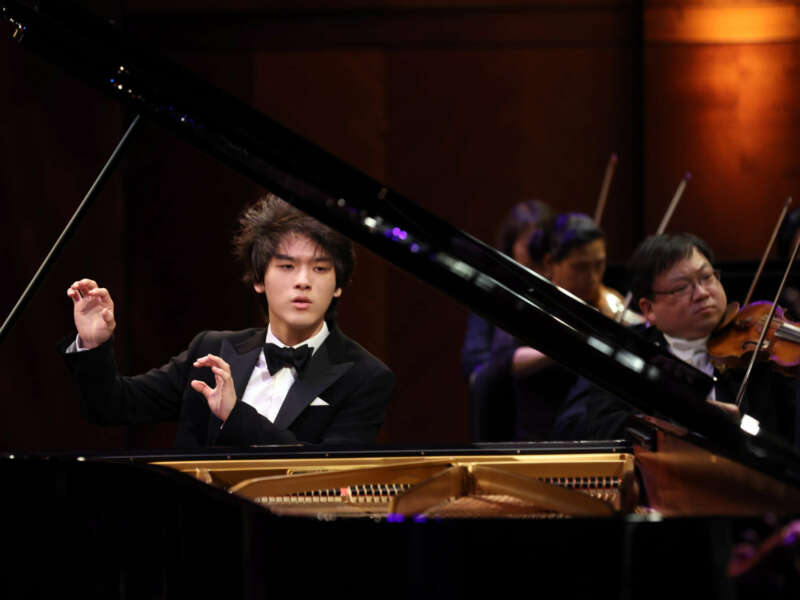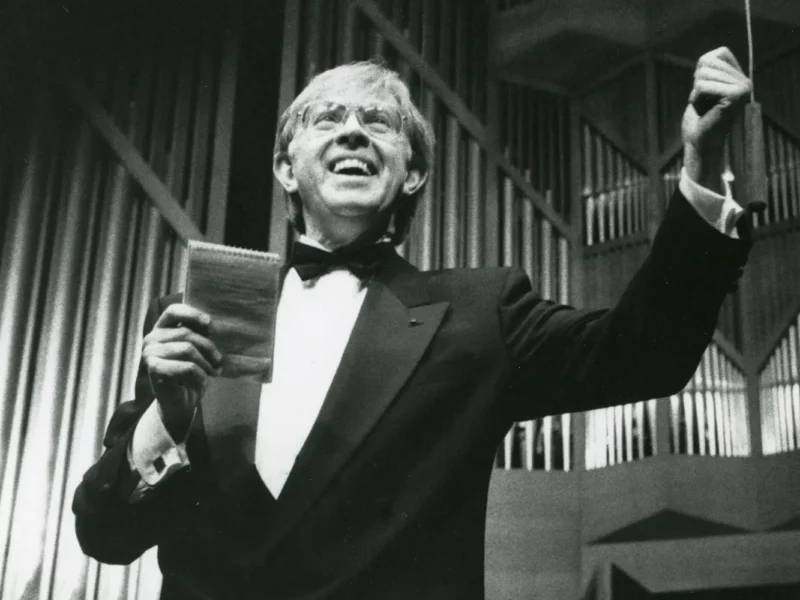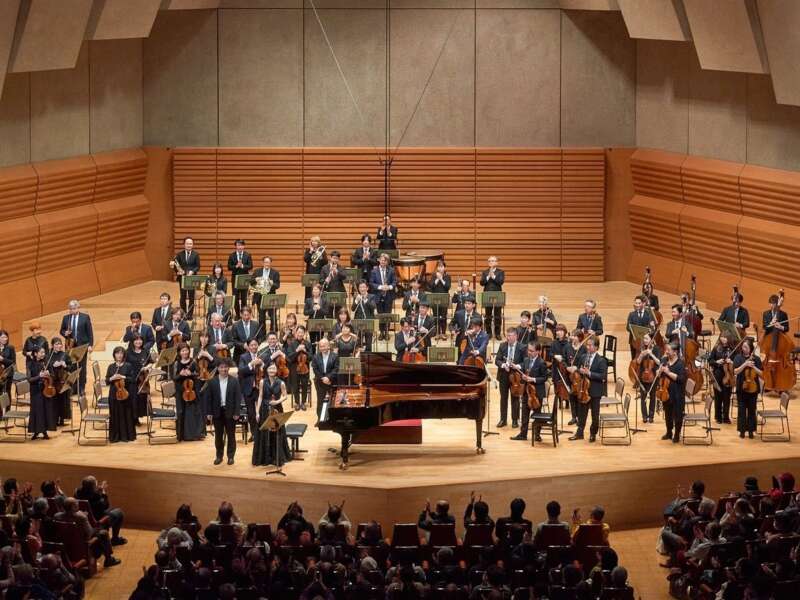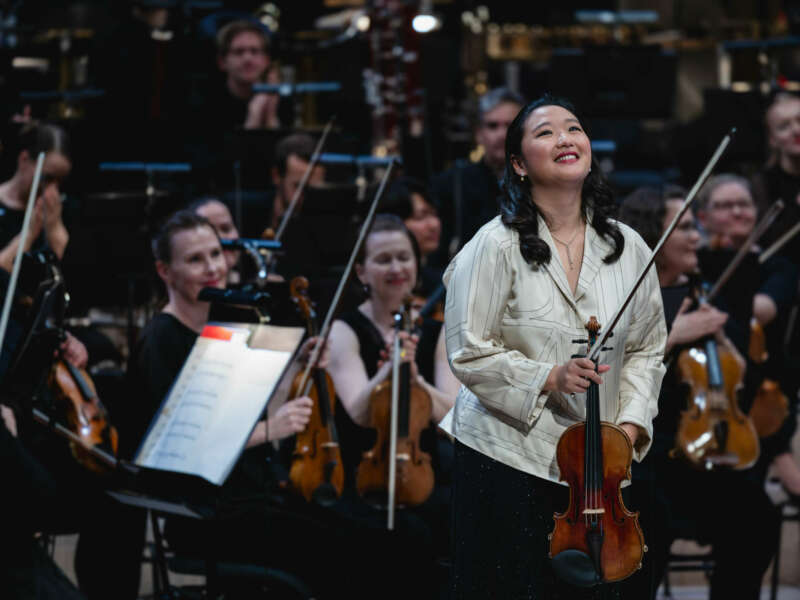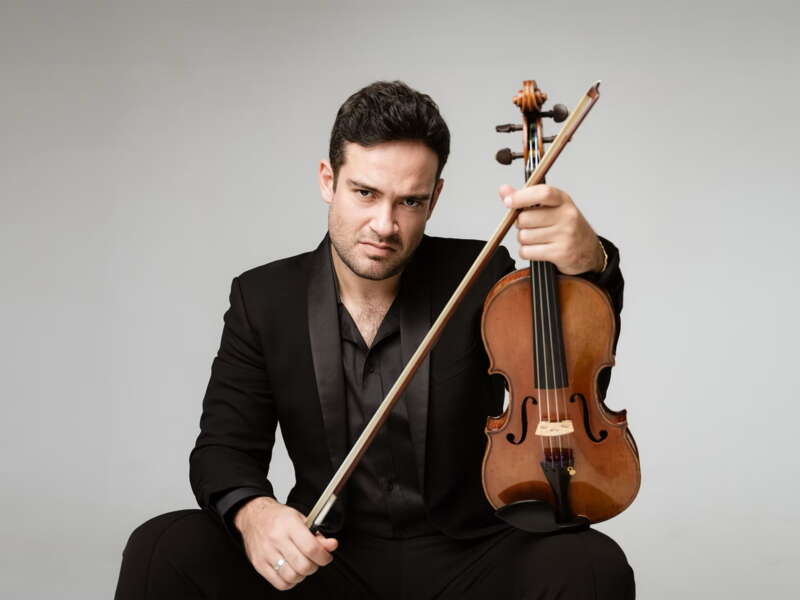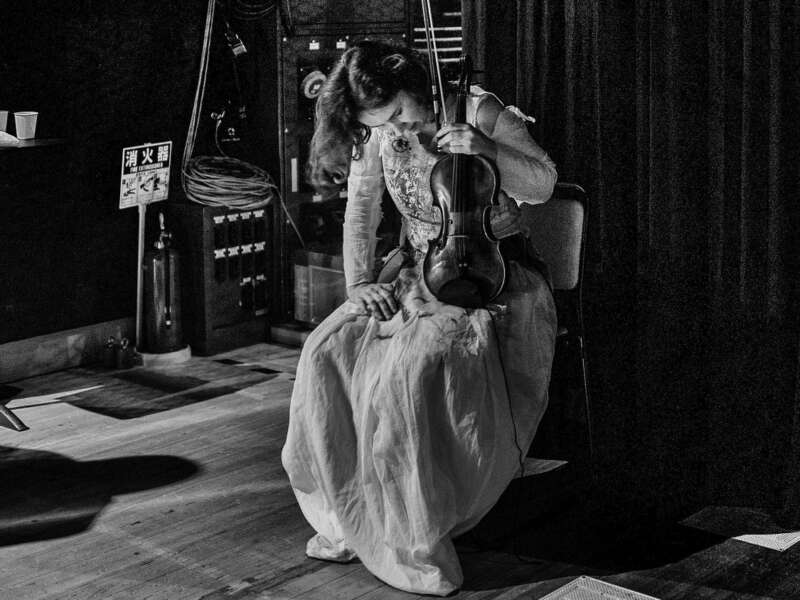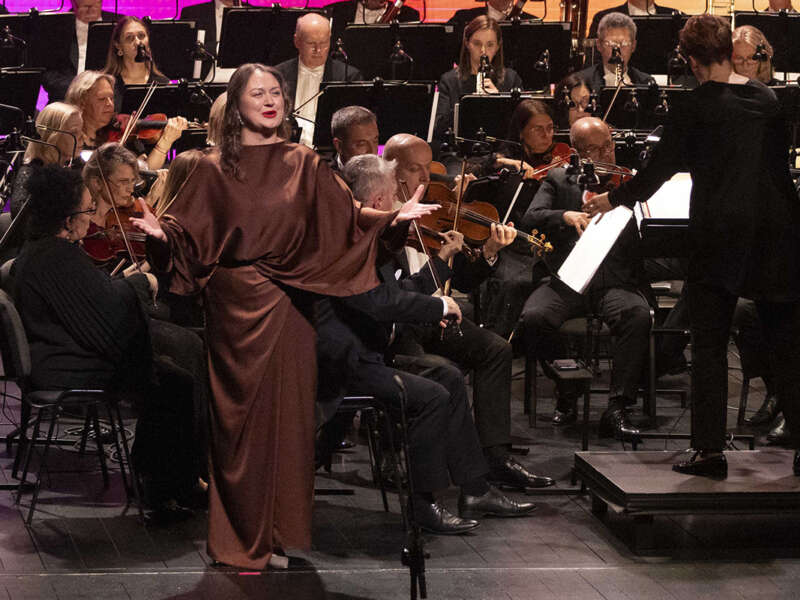Freelance Musicians Quit Performing Post-Covid
The pandemic led some classical musicians to discover new passions, and many of them won't go back to performing regularly
Classical musicians are among the people hardest hit by COVID-19’s economic blows. Their events were the first to be canceled, and, even with today’s rising vaccinated population, the return to a “normal” concert schedule still feels distant.
Even in a COVID-19 free world, it isn’t uncommon for a freelance musician to pick up side jobs — given the sometimes unsteady nature of the gig landscape.
In an article by the Pittsburgh Post Gazette, writer Jeremy Reynolds found that many musicians during lockdowns devoted more time to building their "side hustles" and/or discovering new passions.
One such example is 33-year-old trumpet player Micah Holt from Pittsburgh, Pennsylvania, a member of several regional orchestras and trumpet teacher at Slippery Rock University. During the pandemic, Holt increased his hours at his local climbing gym, clocking in more than 20 hours a week. He now intends to keep or increase those hours while possibly cutting back on his trumpet gigs.
Sebastian Vera, principal trombonist at Pittsburgh Opera and other regional ensembles, teaches at both Slippery Rock and Duquesne universities, which helped offset lost performance income. He also co-created a podcast interviewing professional trombonists around the country — which has now been downloaded more than 27,000 times in 80 countries.
Violinist Juan Jamarillo, a Venezuelan native who performs with Pittsburgh’s opera and ballet orchestras, now works with New York Life Insurance Co., focusing on retirement planning and investment protections. He became an agent in December, and while he’ll continue to perform, he anticipates cutting back.
Yet another example is Baltimore-based violist Julian Tello, who according to a USA Today feature, was in the midst of auditions for professional orchestras when the pandemic hit. Bored, and in need of money, the Curtis Institute of Music graduate applied to be a plasma processing technician at the new BioLife Plasma Services facility in Baltimore and shortly after got hired.
"It's a steady income and I still perform music and I still rehearse music," he said.
To be able to work more directly with patients, Tello is now training to be a phlebotomist. When he'll resume with his music career, he hopes to be able to continue working in the lab even after the pandemic ends.
He explained that the main lesson he’s learned throughout the pandemic is: "Don't put yourself in a box."
june 2025


